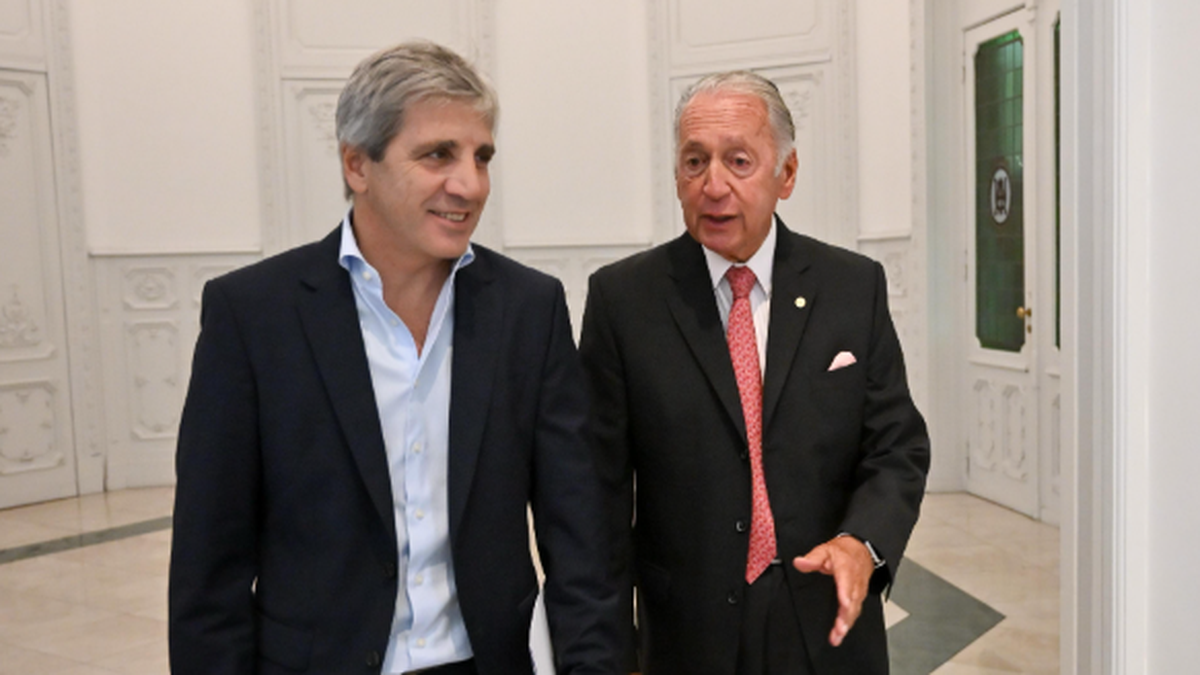Almost 62% of companies in the industrial sector expect to be in a better situation within a year, According to the latest report of the Argentine Industrial Union (UIA) known this Thursday, which shows a relative loss of confidence of industrialists.
The work prepared by the UIA Economic Studies Center (CEU) highlights that last January “less companies received a worse situation than a year ago” “Both at the business level (37.3%), as sectoral (52%) and national (28.7%) an improvement was observed with respect to previous surveys,” says the note.
Although there are indicators in the survey that mark positive expectations, on the margins of the sample the discontent begins to appear.
CEU1.PNG
“When comparing this data with expectations For this year, it was seen that while 54.3% of the companies had anticipated an economic improvement in the country by 2025, 57.5% effectively said they were better, ” The study says. At the sector level, 49.7% expected improvements in their sector, but only 29.2% said they have improved.
However, the expectations for next year were moderated, with a lower proportion of companies than It foresees an improvement in its economic situation (61.7% vs. 67.8% in the previous survey)as well as in its activity sector (58.1% vs. 68.1%) already country level (68.6% vs. 75.5%).
The report adds that “Companies face various challenges derived from the current context. ” For 40.6% the main concern was again the increase in costs. Within this group, they affirmed that the salary cost was the factor of greatest incidence (41.4%), followed by national raw materials and supplies (18.8%). Likewise, the fall in the demand of other industries was positioned in second place (21.5%), decreasing relevance with respect to the previous survey, where it occupied the first position.
The UIA recognizes a “tendency to recovery”
The president of the Argentine Industrial Union (UIA), Daniel Funes de Rioja, He said that “there is a tendency to recovery (in the manufacturing sector), but there are many challenges” and warned about the lack of “Systemic competitiveness” before imports.
“It is difficult to measure (industrial activity) at the beginning of the year, Because January, normally, is a month of vacation and standing of the plant ”, Funes de Rioja said in public statements.
He also recalled that “during The first months of 2024 there was a strong retraction of the activity ” which gives a low comparison base, and then, the activity “was taking off from that floor, heterogeneously.”
According to the leader, “The macroeconomic stability proposed by the government is fundamental. Between 2010 and 2023 we had an average annual inflation of 51%, more than 10 times from the region average. And half of the years were in recession. ”
When referring to the tax pressure, he said that “the problem is not only the amount of unnecessary taxes and the bureaucratic cost of managing them, but also the provincial taxes that are very distortive.”
Source: Ambito




